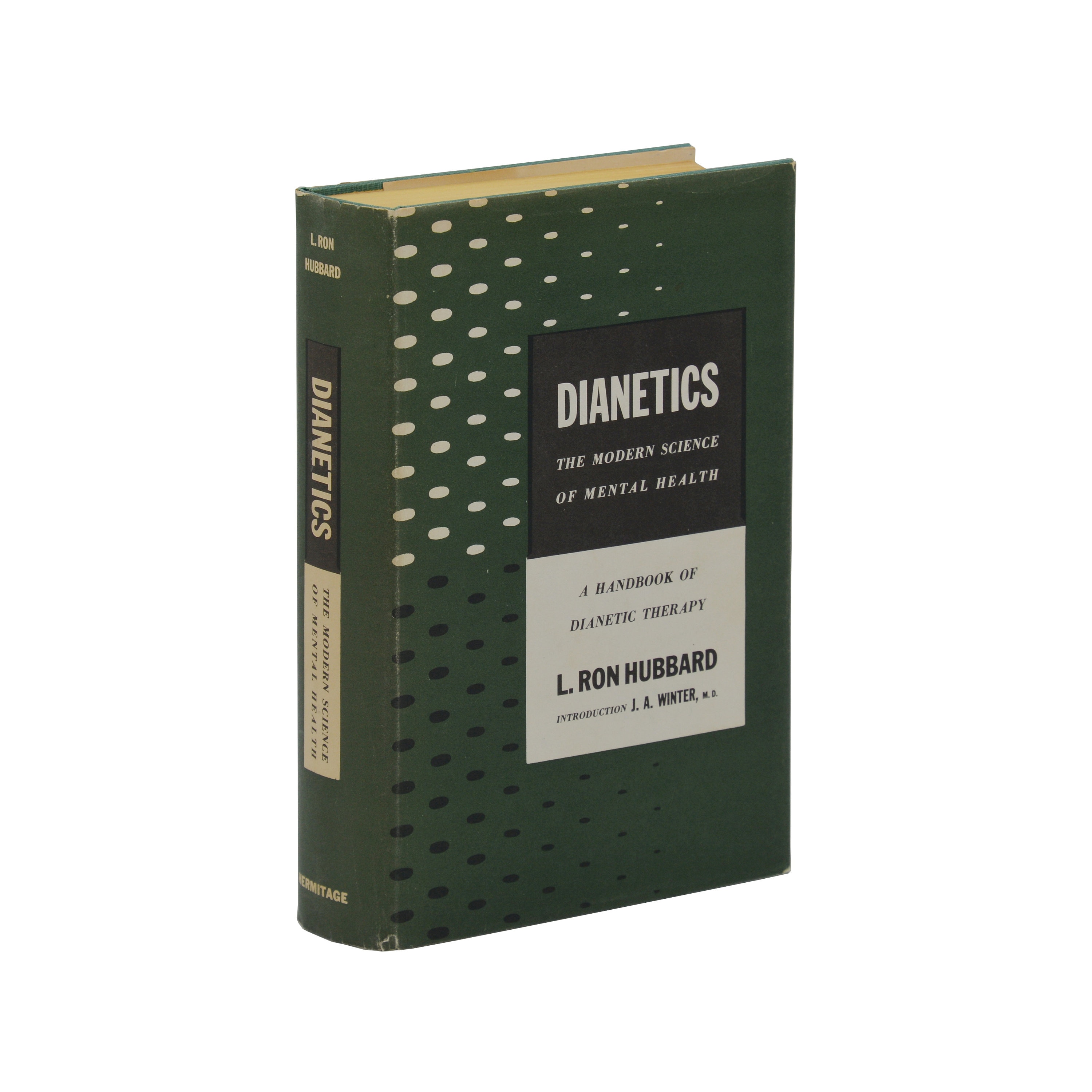4 Simple Techniques For Dianetics
4 Simple Techniques For Dianetics
Blog Article
Little Known Questions About Dianetics.
Table of ContentsAll about Dianetics4 Simple Techniques For DianeticsDianetics Things To Know Before You BuyAn Unbiased View of Dianetics
I could not ever not want to obtain anything that comes to mind for you- if it was otherwise, I would not be sitting right here with you, doing this. I not only can never have a trouble, or not wish to listen to something that enters your mind for you, however I'm totally excited to recognize every idea, every idea, every photo or sensation that emerges or materializes for you- do not ever believe or else, and if somehow you do, please simply allow me recognize! Occasionally, you might have a thought, and picture, idea or occurrence turn up that does not seem to address the concern, or connect to it, but however, constantly do tell me concerning it, and as we continue, the importance will certainly emerge for you.This is integral in the basis of processing, and the subject of this conversation: the basic functions of the therapist and the customer: The basic role of the therapist is, in contrast to "typical training", not to manage, which suggests to impose and/or prevent, but to instead function from the basis of EMPOWERING THE CUSTOMER.

8 Easy Facts About Dianetics Shown
John Mcmasters expressed this standard fact wonderfully well in one of his lectures on Power processing, where he describes just how he was asked what this "special flair" was that he had for offering such terrific sessions; he needed to assume about that for a moment, and found that it was what he wasn't doing, as well as what he was doing: he wasn't assessing, judging, computing, or in fact, producing any type of thoughts, let alone spoken expressions, after giving the command and while waiting for the PC to complete their solution to their fulfillment; he was, merely and just, existing with the computer, and entirely interested.
The role of the counselor, showed; that was his "unique knack". I have actually had my own experience which instructed me this well, very early on in the game. In 1982, having recently finished my training and internship on New Age Dianetics, I was running this on a PC, and there was a factor in the session where (being a little bit damp behind the ears not yet having several hours under my belt as a specialist auditor) the PC appeared to be "taking too lengthy" to reveal anything vocally after I provided him a command.
This trick became one of the most valuable payment that John ever made to the subject of therapy or auditing (Dianetics). In my modest point of view, it is the greatest contribution that any individual has actually ever made to these subjectsthe application is completely non-judgemental, non-evaluative, and devoid of any type of suggestion, recommendations or opinion.no preconceived schedule for people, or 'levels' that they need to do
In Idenics, the only resource of webpage details regarding a client is the specific client. In Scientology we prided ourselves on not reviewing for individuals. All that really indicated was that the auditor did not Vocally examine for the PC in session. The registrars and principles police officers evaluated for the computer.
Dianetics Can Be Fun For Everyone

Any individual that had actually ever before seen John audit might not help but notice a special top quality in his auditing."The client's fundamental duty is to be there with the function of relocating the direction of their spiritual goals, and to easily and completely share and experience whatever shows up for them in addressing the questions and implementing the directions in the handling.
This is something to procedure as needed. However likewise, people often have prior experience and/or indoctrination in auditing/processing which, somehow, and to some extent, really deceives them into perspectives, ideas and behavior patterns that avoid the full understanding of these functions, and so they will tend to hinder the expressing of what comes to mind, as in the examples given over. * The initial, and maybe primary examples of mis-indoctrination bring about much less than totally smooth and efficient sessions, can be found in particular aspects of recommended you read the training regimens, or "TR's":"TR's" are often an individual's very first, or at the very least early, experience in Scientology, and while I will certainly take place to explain what I view as the imperfections in principle and method, nevertheless, often tend to be greatly restorative, done as they are provided (Hubbard urges that "TR's are not processing, they are training", but factually, they are both handling AND training)
Alan Walter made similar observations, and enhanced these with his "Presence Processes". There is no "failing", and no denial of the reality of this being processing. The emphasis, as it ought to be, gets on experiencing the other person's presence. All the indications which get a "fail" in doing "TR-0" are just the being's efforts to stand up to the about his other individual's presence, and instead of being bothered and nagged with "Flunk", which imposes "failing!" on the being, one just needs to be urged to "stick their feet in the water a little deeper", to significantly refurbish their capability and willingness to completely share and experience "being below", or "existence", with others.
Our Dianetics Diaries

Report this page